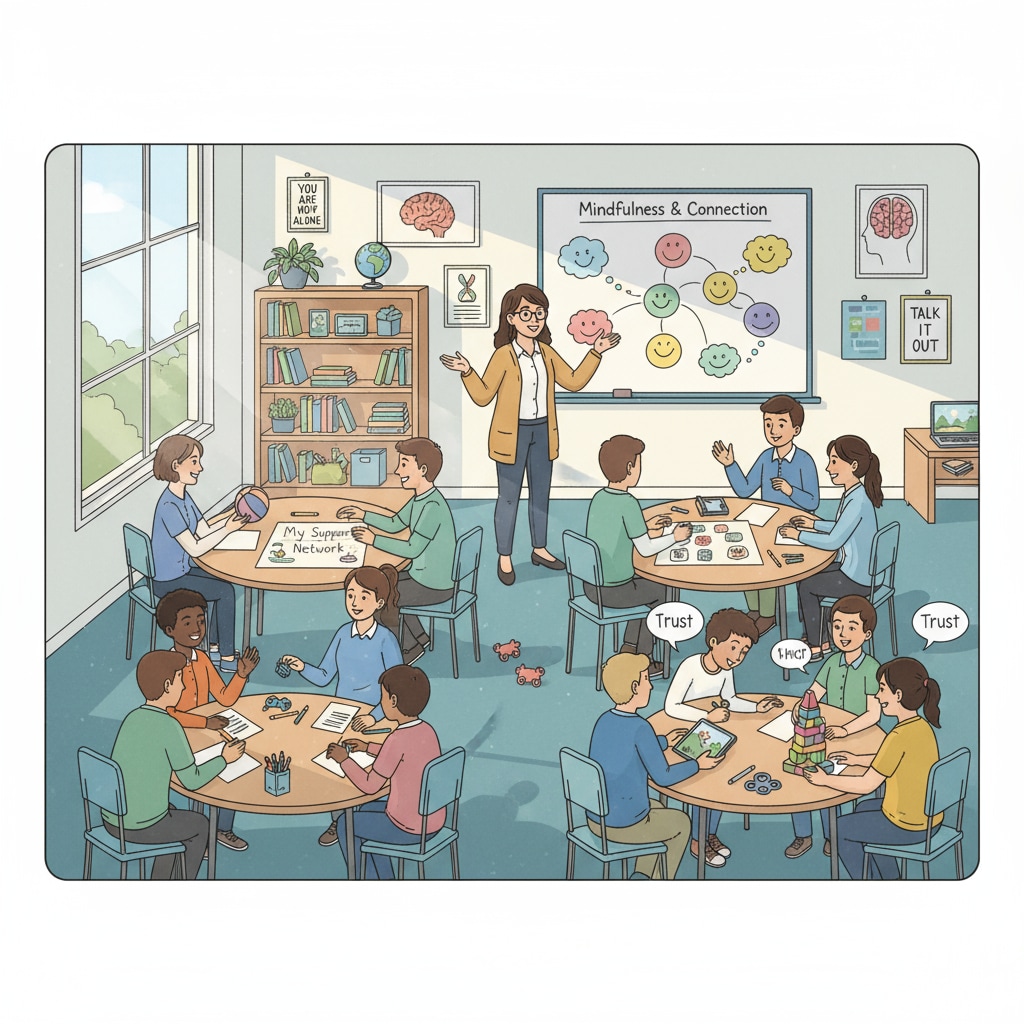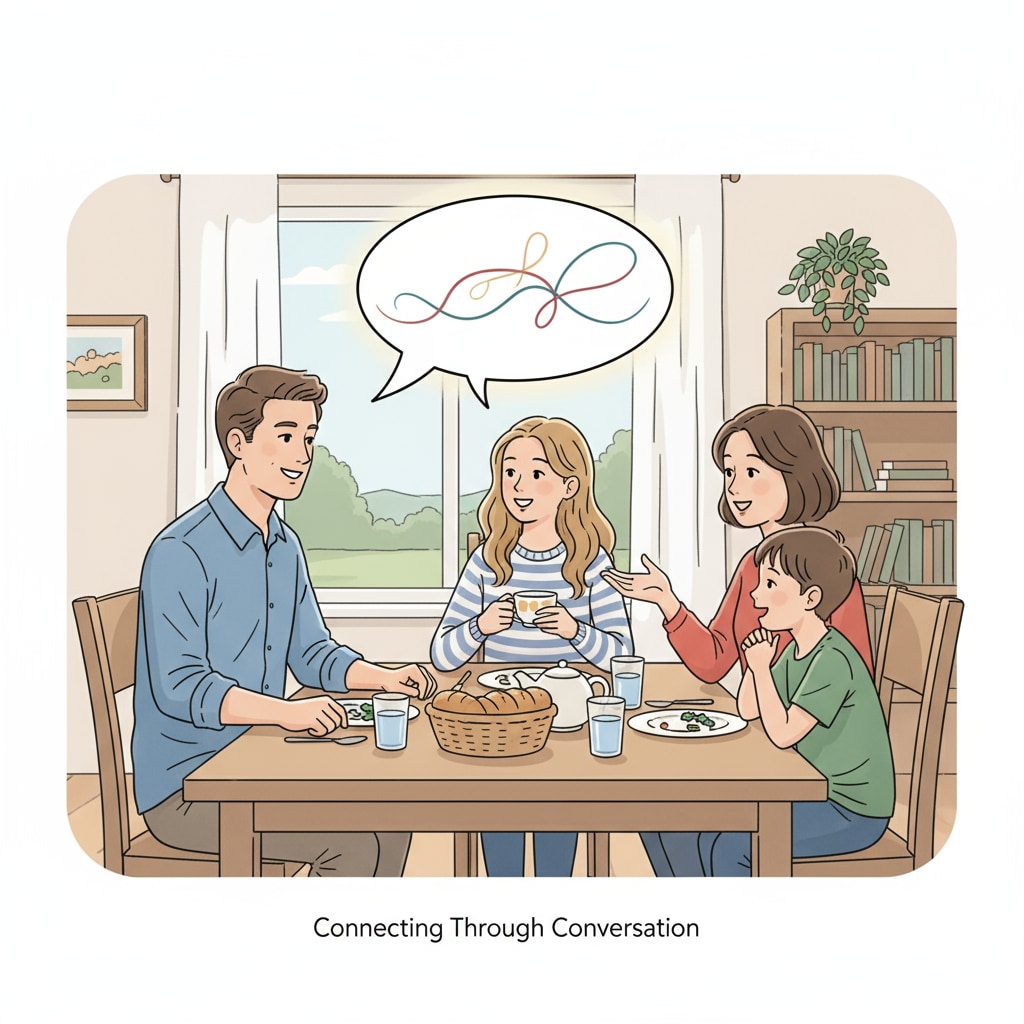In the realm of education, the concepts of school responsibility, psychological resilience, and home-school division of labor have taken center stage as students’ mental health issues continue to surface. As society places an increasing emphasis on students’ well-being, the question of who should shoulder the responsibility for cultivating students’ psychological resilience has become a matter of great debate.

The Rising Expectations on Schools
In recent years, schools have been burdened with the high expectation of fostering students’ psychological resilience. With the recognition of the importance of mental health in a student’s overall development, educational institutions are often seen as the frontline defenders. For example, many schools now offer counseling services and mental health education courses. However, this trend raises concerns. Are we overloading schools with responsibilities that might not fall squarely within their traditional scope? According to American Psychological Association’s research on mental health education, while schools play a crucial role, they have limitations.
The Indispensable Role of Families
Families are the first and most fundamental environment for a child’s growth. The emotional support, values, and coping mechanisms instilled at home lay the foundation for a child’s psychological resilience. Parents are the primary caregivers and role models. For instance, a loving and stable family environment can help children develop a sense of security and self-esteem. As per Child Mind Institute’s insights on building resilience in children, family interactions have a profound impact on a child’s mental strength.

It is clear that both schools and families have unique and irreplaceable roles in cultivating students’ psychological resilience. A reasonable division of labor is essential. Schools can focus on providing structured educational programs, creating a positive school climate, and offering professional psychological support. On the other hand, families should prioritize building emotional bonds, teaching life skills in a real-life context, and being attuned to their children’s emotional needs.
Readability guidance: In this article, we have presented the different aspects of school and family responsibilities in a clear and concise manner. Short paragraphs and lists have been used to summarize key points. Transition words like “however” and “for example” have been incorporated to enhance the flow of the text. The goal is to ensure that the complex topic of school responsibility, psychological resilience, and home-school division of labor is easily understandable.


